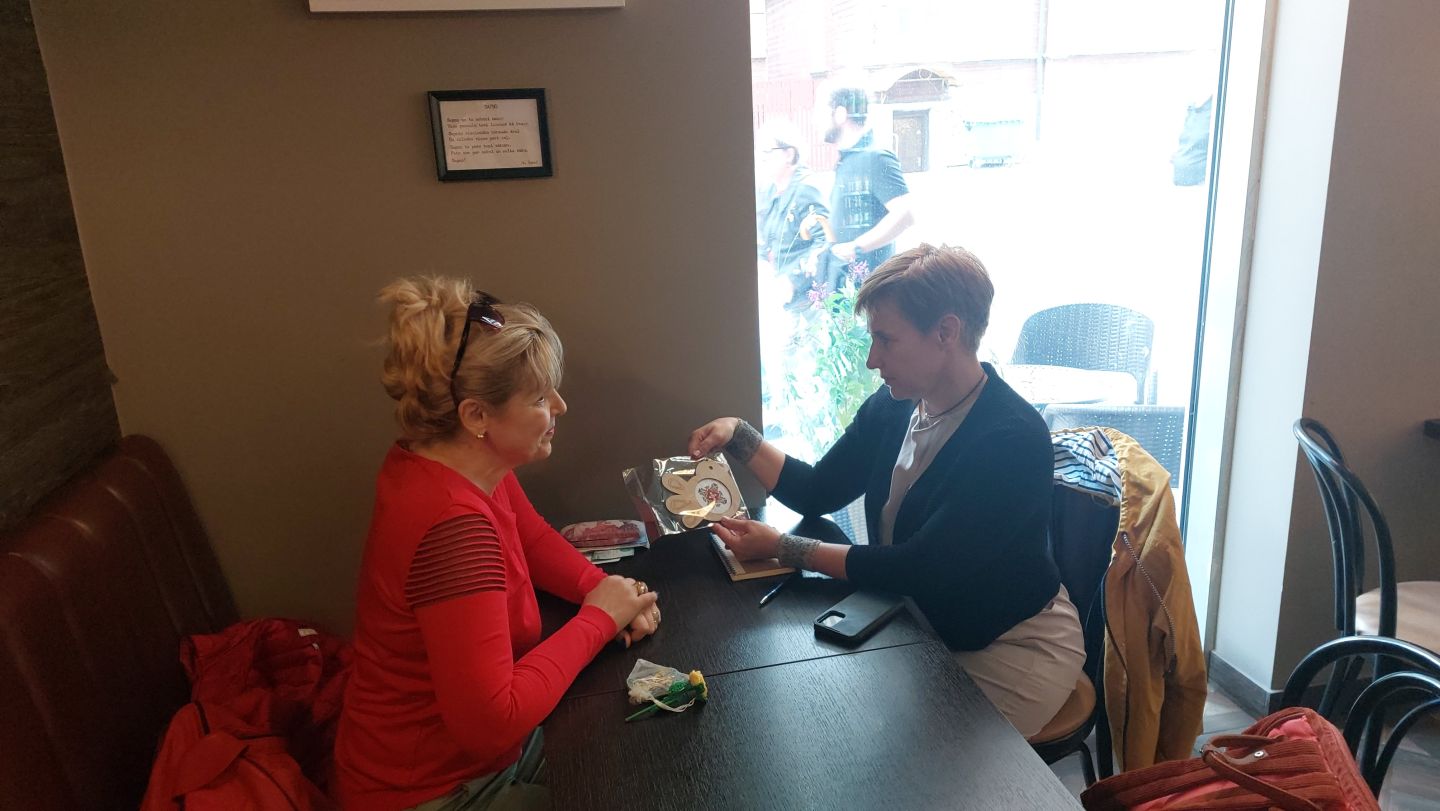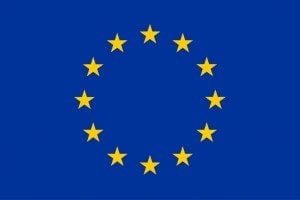
Peer Learning: Human Rights Step by Step Association visits the Society of Latgalian Culture
In the second half of July, MARIO grantee organizations met for an exchange visit in Latvia: Human Rights Step by Step Association (HRSSA), working with Roma in Bulgaria, and the Society of Latgalian Culture, working with Latgalian-speakers in Latvia. HRSSA’sproject manager Elka Krasteva, and Nataliya Lipcheva, one of the experts involved in the preparation of the Municipal Plan for Roma integration in Varna, where HRSSA is based, travelled to Riga to meet Ilga, a member of the Society of Latgalian Culture’s board.
During the meeting they presented their projects to each other. HRSSA presented specific activities that could be included in the municipal integration plan for Roma in Varna to the host organization. Together they discussed the methodology of organizing camps with parents and children from different ethnic groups, including activities, quizzes and other games.
Ilga Šuplinska, head of the Society of Latgalian Culture, presented the activities of the organisation and spoke in detail about the status of the Latgalian linguistic minority and the goals and objectives of their project. She presented their mission to lobby for the introduction of classes and subjects in the curriculum in the Latgalian language, since about 12 per cent of the population of Latvia speak this language.
During the second day of the visit the group attended a festival in Tervete Park, where Evika from the Society of Latgalian Culture presented an exhibition of traditional Latgalian clothing. Parents and children interacted through various art activities and learnt local traditions and crafts. They discussed the opportunity and methodology of organizing such festivals and how one might be included in the Municipal Roma integration plan of Varna as an annual event.
During the festival, Elka noticed entertainers dressed in fairytale costumes who were interacting with children in the park and toy houses for children to play in. Elka was inspired and came up with a proposal to her local municipality for constructing a space in Varna with houses representing the lifestyle and traditions of each ethnicity living in Varna, families could visit the different houses in this mini-city and learn about the culture and cuisine of each community.
The Roma community center in Elgava hosted HRSSA during the third day of their visit. They had the chance to see a library with children’s books in the Romani language, as well as a private visiting exhibition of dolls, which really impressed them. The Bulgarian team discussed strategies for advocacy with Ilga and Evika, including being in constant contact with local politicians and public figures, and organizing conferences and inviting such politicians to participate. They also discussed their strategies to empower and motivate the local community into joint action: camps, thematic evenings with educational and intergenerational games and initiatives to attract young people and volunteers to the organization.
The Society of Latgalian Culture learnt about the management system of the ethnic minority community centre in Varna, home to many minority communities: Armenians, Jews, Turks, Greeks, Gagauz, Russians, Roma. All communities have their own holidays, their own clubs and their own NGOs. Angela showed HRSSA’s representatives how different communities can be united in one common centre through joint initiatives that can be implemented by all.
This peer learning visit was a huge milestone for Human Rights Step by Step Association not only because of the new things that they have learnt, but also because of the partnerships that they established, the new ideas they had and, of course, the wonderful time which was spent with likeminded and inspiring people!
 This content is a guest post from one of our partner organizations about their work as part of our ‘Minorities, Accountability, Rights, Independence and Organisational Development’ (MARIO) programme. Learn more >
This content is a guest post from one of our partner organizations about their work as part of our ‘Minorities, Accountability, Rights, Independence and Organisational Development’ (MARIO) programme. Learn more >
 MARIO is funded by the Citizens, Equality, Rights and Values Programme (2021-27) of the European Union (ref: 101091387).
MARIO is funded by the Citizens, Equality, Rights and Values Programme (2021-27) of the European Union (ref: 101091387).


